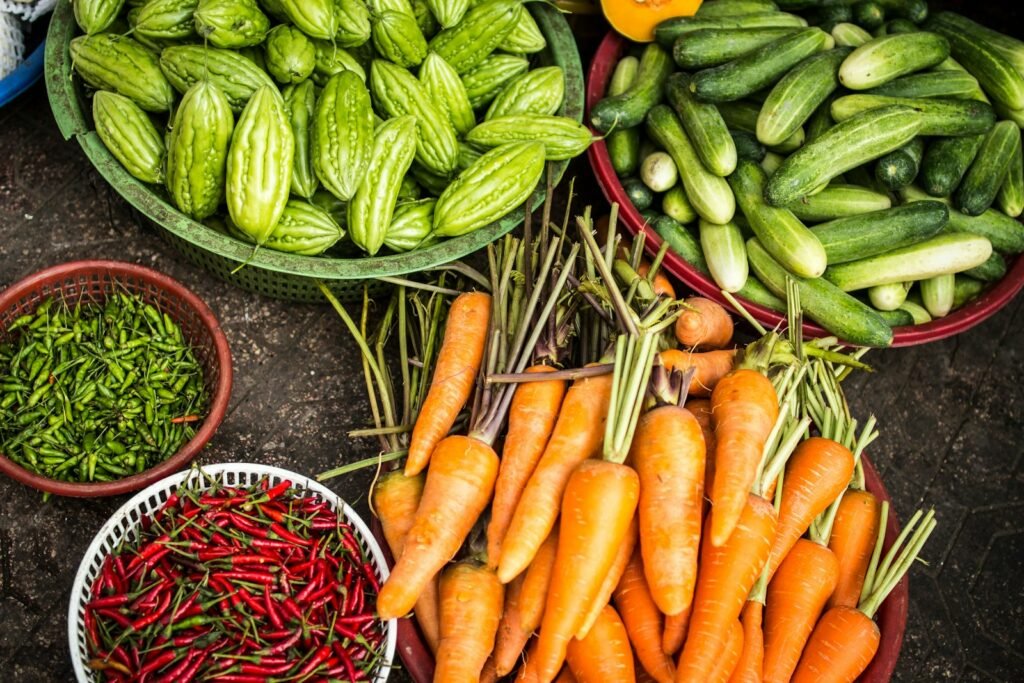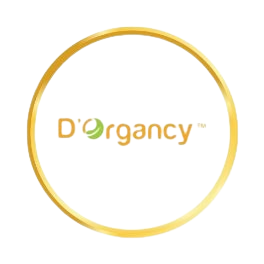We only partner with organic-certified vegetable gardens.
We are committed
We understand that the market is filled with various organic vegetable sellers, some directly from the farmers, while others purchase vegetables from farmers and label them as organic under their company name, and even some without any labels claim to be organic. This is why consumers lack confidence in organic vegetables.
We are committed to quality control and therefore personally visit major organic farms in Malaysia to find authentic organic produce. Finally, I have summarized a few elements:
Visiting organic farms
Understanding their enthusiasm for organic farming
Why they transitioned to organic farming
Understanding their areas of expertise in cultivation
Monitoring their growing environment
Understanding their pest control methods
Knowing their weed control methods
Fertilizer ratios
Harvesting and delivery times
Transportation methods

We are honored that our customers love our products.
Complaints are inevitable since buying vegetables depends on the weather. When the weather is good, the vegetables are beautiful, but when the weather is bad, they can quickly deteriorate. Even pest infestations are influenced by the weather.
There are more than a hundred organic-certified vegetable farms in Malaysia, and each farmer has unique skills. Currently, we cooperate with six well-known local organic farms. Although they all grow vegetables, factors such as location, techniques, strengths, and environment determine the quality and taste of the vegetables. Currently, our vegetable sources come from various parts of Malaysia, as well as Australia, Thailand, and Indonesia. We offer a selection of up to 140 different types of vegetables and fruits for customers to choose from.
+6012-3581617
sales@dorgancy.com.my
Why choose our D'Organcy brand?
Fair-trade
Fair trade ensures that farmers receive fair and stable prices for their products. This is involve avoiding the use of synthetic pesticides and fertilizers and also promoting natural methods of pest control and soil fertility.
Non-genetically modified
organic certification already prohibits the use of genetically modified organisms. Therefore, when choosing organic vegetables, consumers are already selecting non-GMO options.
Environmental protection
It can have negative effects on biodiversity, soil health, and water quality. By opting for non-GMO products, consumers can support more sustainable farming practices and reduce the environmental impact associated with genetically modified crops.
True and authentic flavors
Organic farming often aligns with seasonal growing practices, meaning that crops are grown and harvested during their natural season. Seasonal crops tend to have better flavor as they are harvested at the appropriate time when the environmental conditions are optimal for their growth.
Higher nutritional value
Organic farming practices prioritize the health and fertility of the soil. Organic farmers focus on building organic matter, using compost, and practicing crop r





